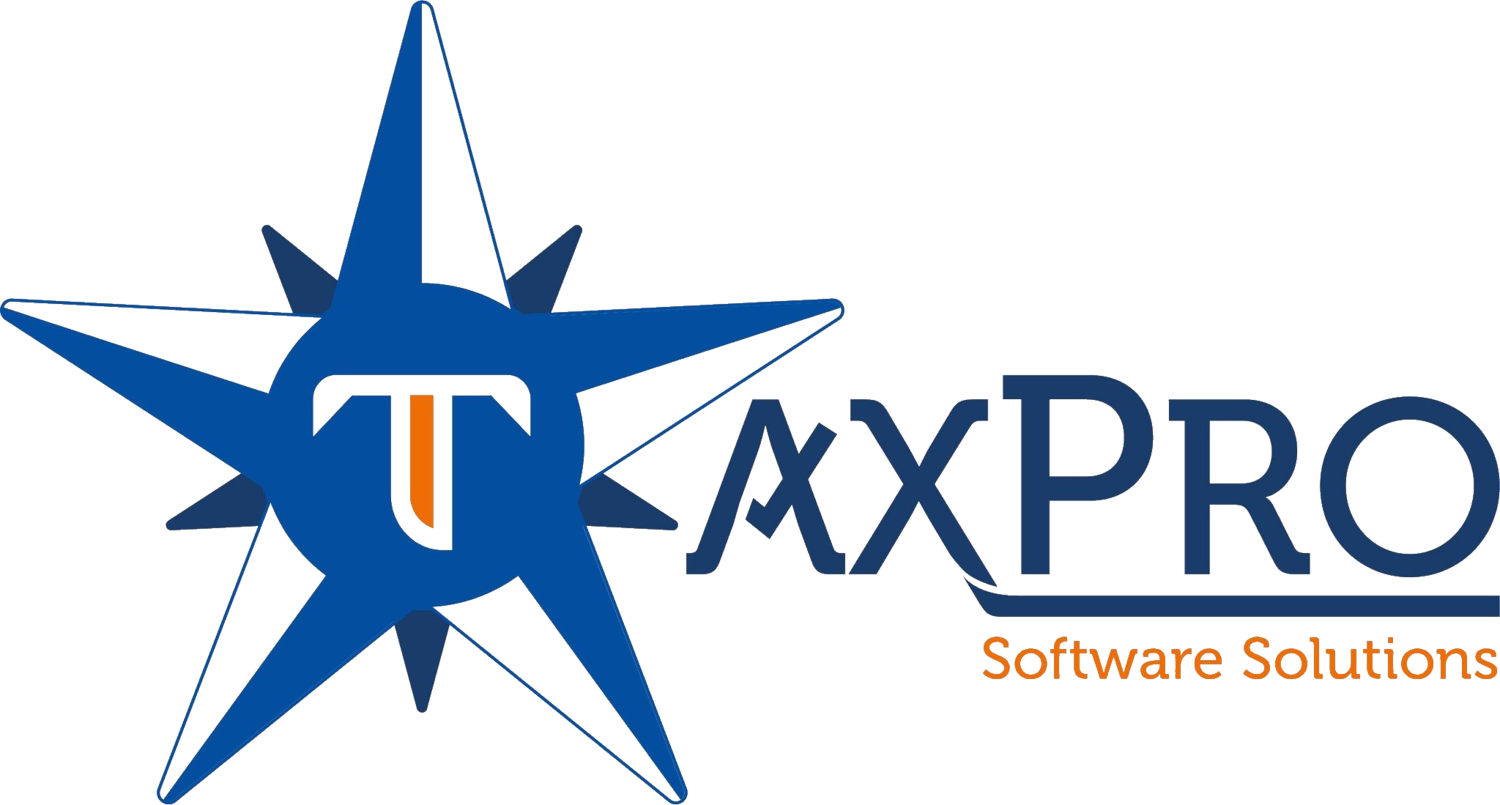Choosing a Business Model for Your Tax Preparation Business
Starting a tax preparation business can be a great way to turn your passion for numbers and finances into a lucrative and fulfilling career. But with so many different business models to choose from, it can be overwhelming to know where to start. In this blog post, we'll break down the top ten tax preparation business models, to help you choose the right one for you.
Solo Practitioner: This model involves a single tax preparer who is responsible for all aspects of the business, from client acquisition to preparation and filing of taxes. This is a good option for tax preparers who are just starting out and prefer to work independently.
Partnership: This business model involves two or more tax preparers working together to provide tax services. Partners share the responsibilities and profits of the business. This model is ideal for tax preparers who want to pool their resources and knowledge to grow their business.
Franchise: This model involves purchasing a license from an established tax preparation company, allowing the franchisee to use the company's name and business model. The franchisee typically receives training, support, and marketing assistance from the franchisor. This is a good option for tax preparers who want a proven business model and support.
Virtual Tax Preparation: This model involves using technology to provide tax preparation services remotely. Tax preparers can serve clients from anywhere, using secure online tools to gather information and prepare taxes. This is a good option for tax preparers who want a flexible and scalable business model.
In-Person Tax Preparation: This model involves providing tax preparation services in a physical location, such as a storefront or office. Tax preparers interact with clients face-to-face, gathering information and preparing taxes in person. This is a good option for tax preparers who prefer a traditional business model and want to build personal relationships with clients.
Mobile Tax Preparation: This model involves traveling to clients to provide tax preparation services. Tax preparers bring their equipment and expertise to the client's location, providing a convenient and personal experience. This is a good option for tax preparers who want to serve clients in their own communities.
Tax Resolution Services: This model involves specializing in resolving tax issues, such as back taxes or penalties, for clients. Tax preparers provide expertise and support to help clients resolve tax-related problems and get back in good standing with the government. This is a good option for tax preparers with a strong understanding of tax law and a desire to help clients with complex tax issues.
Tax Preparation for Small Businesses: This model involves specializing in providing tax preparation services for small businesses. Tax preparers have a deep understanding of the tax implications and requirements for small businesses, and can provide tailored services to help clients stay compliant and minimize tax liabilities. This is a good option for tax preparers with a background in accounting and small business management.
Tax Planning and Advisory Services: This model involves providing ongoing tax planning and advisory services to clients. Tax preparers help clients proactively manage their taxes and make informed decisions about their finances. This is a good option for tax preparers with a background in finance and a desire to provide ongoing support to clients.
Tax Preparation for Specific Niche Markets:i This model involves specializing in providing tax preparation services for specific niche markets, such as retirees, real estate investors, or self-employed individuals. Tax preparers have a deep understanding of the unique tax requirements and implications for these markets, and can provide tailored tax services to help clients maximize their financial benefits and minimize their tax liabilities. This strategy will help you to stand out as a SPECIALIST and not a GENERALIST on a tax topic and will enable you to charge higher tax prep fees.
Choosing the right tax business model is a critical part of any tax preparer's overall business strategy. The right business model can determine the success of the business, impacting factors such as the target market, revenue generation, and scalability of the business. It can also impact the level of support, resources, and flexibility a tax preparer has to grow and succeed in their business. By carefully considering the different tax business models available, tax preparers can choose the one that aligns with their skills, interests, and goals, and set themselves up for success from the outset. A well-thought-out business model can help tax preparers attract and retain clients, differentiate themselves from their competition, and maximize their financial benefits. Ultimately, choosing the right tax business model is a critical step in establishing a successful and sustainable tax preparation business.
If you are a tax preparer who is looking to start, run, or grow your independent tax business, tune into our weekly series in our FACEBOOK COMMUNITY to get access to FREE RESOURCES on how to build a tax preparation business.
See you there!
